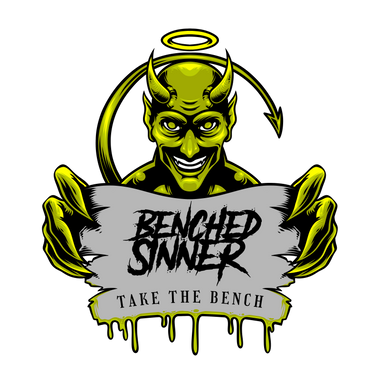Models of Recovery
There are several different addiction recovery models that are commonly used in treatment programs. Some of the most widely recognized models include:
12-Step Model: This model is most commonly associated with Alcoholics Anonymous (AA) but has been adopted by other addiction recovery programs as well. It focuses on a spiritual approach to recovery and emphasizes acceptance of one's addiction, surrendering to a higher power, and engaging in regular self-reflection and support group meetings.

Cognitive-Behavioral Model: This model focuses on identifying and changing harmful thoughts and behaviors related to addiction. It helps individuals develop coping skills and strategies to resist cravings and engage in healthier behaviors. The goal is to provide individuals with the tools necessary to achieve and maintain sobriety.
Motivational Interviewing: This model is based on the belief that individuals are more likely to change their addictive behaviors if they feel motivated and empowered to do so. It involves collaborative conversations between the therapist and the individual, with the goal of exploring and resolving ambivalence about quitting addictive behaviors.
Dialectical Behavior Therapy (DBT): Originally developed to treat individuals with borderline personality disorder, DBT has also been adapted for addiction treatment. It combines elements of cognitive-behavioral therapy with skills training in emotional regulation, distress tolerance, mindfulness, and interpersonal effectiveness.
Medication-Assisted Treatment (MAT): MAT combines behavioral therapy with the use of medications, such as methadone, buprenorphine, or naltrexone, to help individuals reduce cravings, manage withdrawal symptoms, and maintain long-term recovery. This model is commonly used for opioid addiction.
Holistic Approach: This model takes a more holistic approach to addiction recovery, focusing on the overall well-being of the individual, including their physical, mental, emotional, and spiritual health. It may involve various complementary therapies such as acupuncture, yoga, meditation, art therapy, and nutrition counseling.
I am not a professional and you should always consult a proffessional while choosing or changing a recovery plan. It's important to note that different treatment programs may incorporate elements from multiple models, and that what works for one individual may not work for another. The most effective approach to addiction recovery often involves a tailored treatment plan that addresses the unique needs and circumstances of each individual.
What's worked for me...part 2 is coming!!



Leave a comment